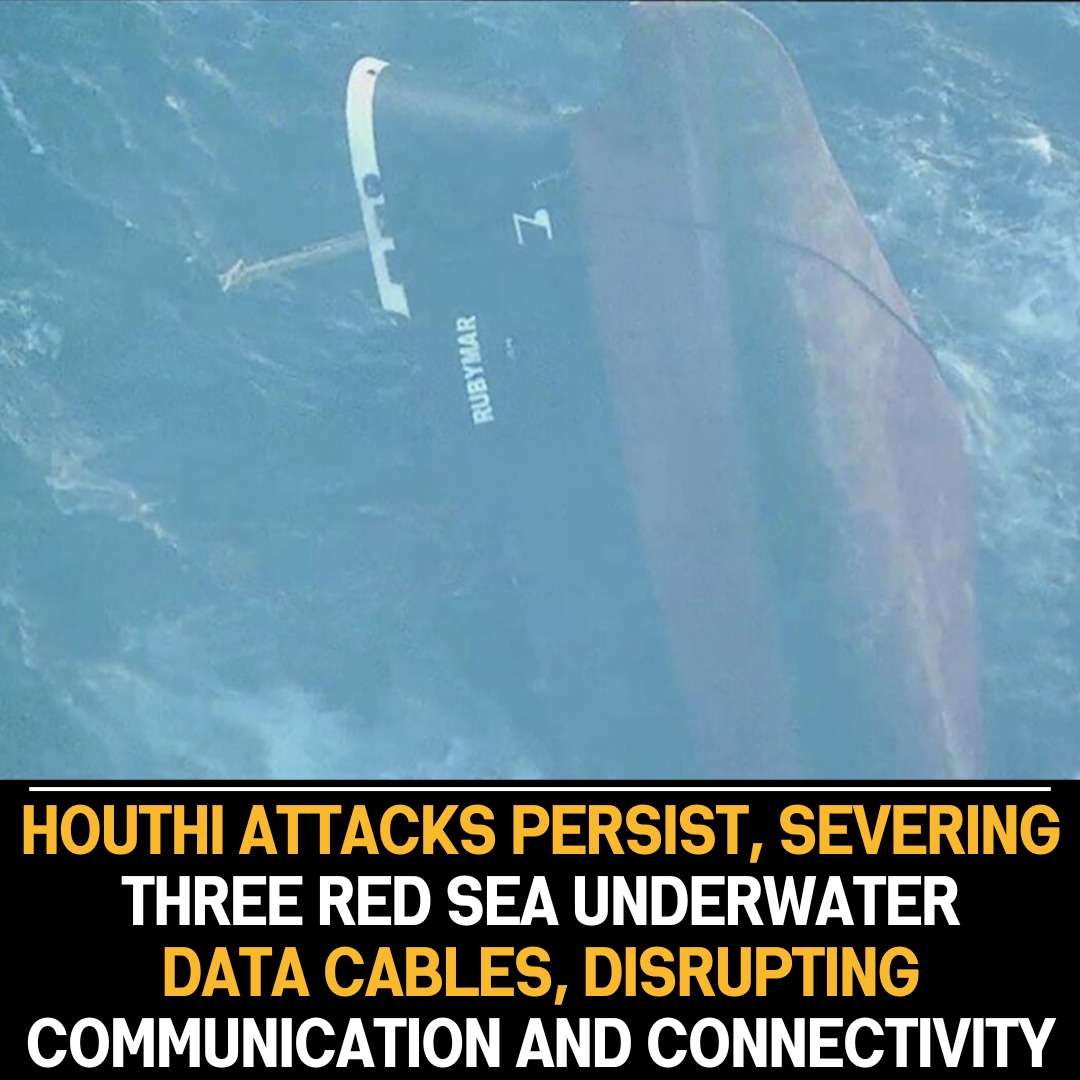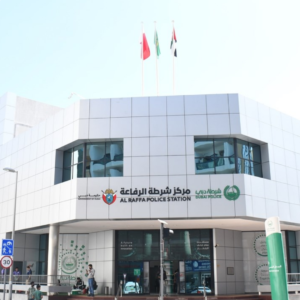The ongoing Houthi attacks have inflicted significant damage on three vital Red Sea underwater data cables, resulting in severe disruptions to communication and connectivity. This deliberate targeting underscores the strategic implications of these attacks on regional infrastructure, amplifying concerns about the broader consequences for affected nations.
The Red Sea, a crucial maritime route, serves as a vital corridor for international trade, connecting Europe, Asia, and Africa. The targeted attacks on data cables in this strategically important region have far-reaching consequences, affecting not only the immediate areas but also disrupting global communication networks.
The deliberate nature of the attacks raises questions about the motives behind targeting these underwater data cables. Such infrastructure is crucial for the seamless flow of information, making it a potential target for those seeking to disrupt regional stability or exert influence on a larger scale. The Houthi attacks, by damaging these cables, aim not only to cause immediate disruptions but also to create a lasting impact on the affected countries’ ability to communicate and connect with the world.
Communication disruptions resulting from the damaged cables can have severe consequences for various sectors, including finance, commerce, and emergency services. Businesses relying on uninterrupted connectivity may face operational challenges, and financial transactions could be hampered. Moreover, the compromised communication infrastructure poses a threat to emergency response systems, potentially affecting the timely and effective handling of crises.
The international community must address the issue promptly, working to repair and reinforce the damaged cables while implementing measures to prevent future attacks. Collaborative efforts are essential to ensure the restoration of connectivity and to safeguard against potential threats to critical infrastructure.
In addition to the immediate technical challenges posed by the damaged cables, the geopolitical implications of the attacks cannot be overlooked. The intentional targeting of data cables raises concerns about the vulnerability of critical infrastructure in conflict zones. Nations and international organizations must engage in diplomatic initiatives to address the root causes of such attacks and work towards establishing norms that discourage the targeting of essential communication networks.
In conclusion, the Houthi attacks on Red Sea data cables have created a ripple effect with severe disruptions in communication and connectivity. The deliberate nature of these attacks emphasizes the strategic impact on regional infrastructure, prompting the need for swift and coordinated international responses to repair the damage and prevent future threats to essential communication networks.









